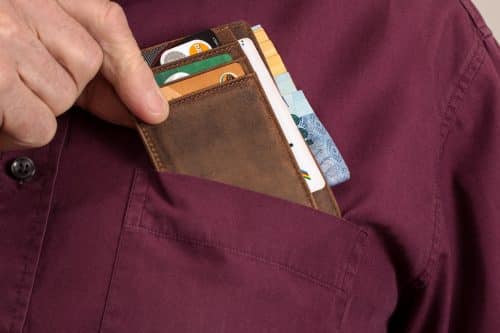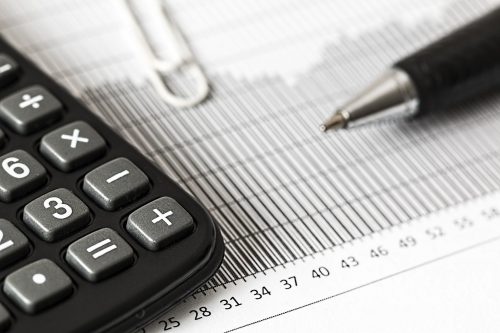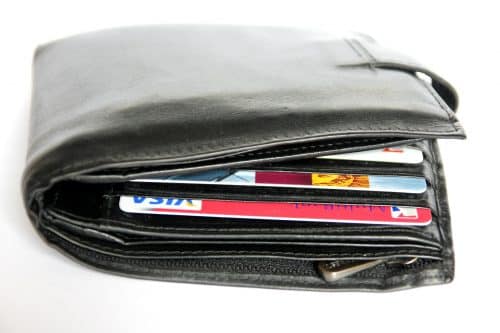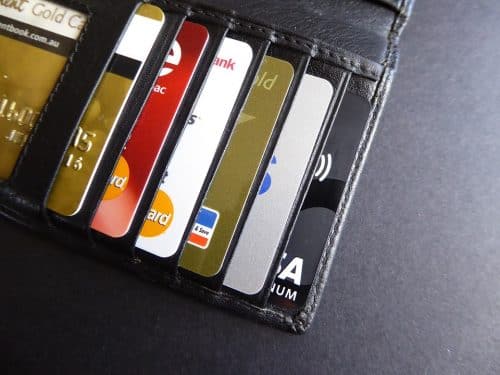More than 36 million Americans have applied for unemployment since the end of March as a result of the coronavirus pandemic. It's an incredibly stressful time as people struggle to figure out how to pay the bills while looking for a new job.
But there is one thing you don't have to worry about: Submitting a request for unemployment it has no direct impact on your credit score. Credit bureaus and credit card issuers can't see if your salary and income have changed, or if you've filed for unemployment, unless you give them explicit permission (which is rare).

However, there are some ways in which the unemployment It can indirectly affect your credit score. Your unemployment check is typically smaller than your normal paycheck, so you may need to adjust your spending. Allocating expenses to your credit card is one way to survive when your income takes a drastic hit, but you need to be careful how you use your card so you don't end up in significant debt and hurt your credit score.
How Unemployment Affects Your Credit
Submit a request for unemployment It does not directly affect your credit score. However, being unemployed can lead to scenarios that do. The main culprit? spend too much
Also, you might not pay because you earn less and juggle the same bills. “This will also be a red flag to creditors that you are having difficulty managing your debt and paying your bills,” says Tayne.
He unemployment it normally pays you a percentage of your normal take-home pay, so you should try to reduce it significantly whenever you can." And if you carry a balance on your credit card, be sure to always make at least the minimum payments." Making payments on time is the most important factor in your score.
Read More: 4 ways to organize your personal finances quickly
Options if you cannot make your minimum payments
If you can't make the minimum payments, ask your card issuer if they offer a financial assistance program, such as a forbearance or deferment, during the coronavirus pandemic. (Read more about the help card issuers offer.)
Can credit bureaus and card issuers see that you have filed a credit application? unemployment?
Credit bureaus and card issuers cannot see if you have filed for unemployment unless you give them explicit permission. This only happens if the card issuer notices unusual behavior from you, such as a big jump in your spending, abruptly switching to paying only the minimums, or other red flags. When your card issuer sees such activity, they can request a manual review of your account.




